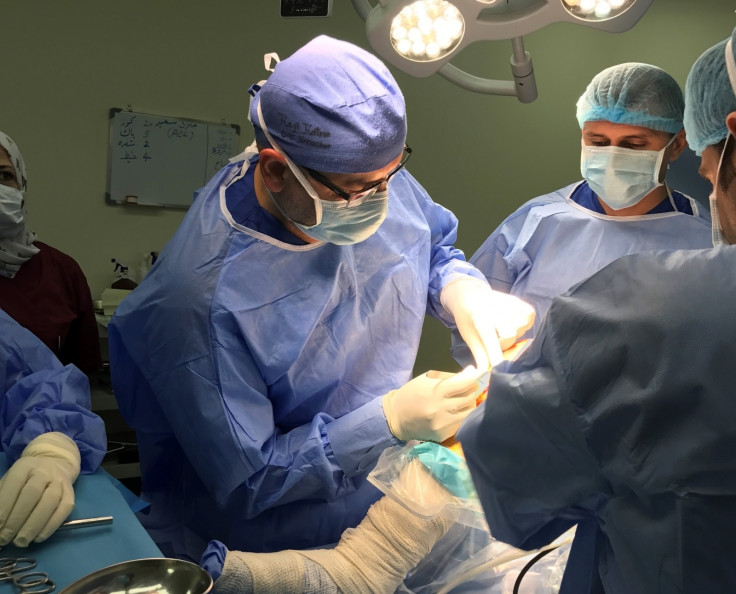Southend hospital performs first robotic-based surgery in the east of England
The Da Vinci Surgical System utilises advanced technology to manipulate the instruments with greater dexterity and accuracy.

A surgeon at Southend Hospital recently employed a robotic device to assist in a surgical operation. Matteo Massanova, consultant urologist and robotic surgeon, used a robotic arm controlled through a console to allow for enhanced precision and control during the procedure.
The robotic device, known as Da Vinci Surgical System, utilised advanced technology to provide the surgeon with a high-resolution 3D view of the surgical site, along with the ability to manipulate the instruments with greater dexterity and accuracy.
According to Matteo Massanova, the head surgeon, the use of the robotic device allowed for a less invasive surgery, which in turn led to a faster recovery time for the patient. The robotic platform has a 360-degree range of motion to precisely cut out cancers and dissect tissues in the body.
Seventy-nine-year-old Beryl Waxler was the first patient to undergo the innovative operation. He was sent home the following day after the operation and was able to go back to doing his regular activities in just three weeks.
Massanova shared: "Traditionally we would have performed open surgery to remove these lymph nodes, where an incision is made from the top of your tummy to below the belly button. The robotic platform is a fantastic tool because we can now carry out a minimally invasive procedure, with only a few incisions that are much smaller."
The head surgeon added: "This means our patients can recover much more quickly and get back to normal activities sooner. This is a complex and rare procedure, and so we expect to treat between five and ten patients each year who no longer have to travel to other centres, such as in London."
In an interview with Waxler, Massanova further said: "I have had open surgery before, but this time I got better much more quickly thanks to the keyhole approach. I wasn't in any pain afterwards, and I was soon back on my feet. I am now regularly out for walks with my husband, while I visit the gym as well as going swimming.
"I have even ordered an exercise bike so I can keep up my fitness at home and have thought about going to London for the King's Coronation."
The hospital is currently considering expanding the use of the robotic device in other surgical procedures. At present, the device is being used by urologists in operations for prostate, bladder, or kidney cancer. After the successful procedure, doctors are now exploring the feasibility of using the Da Vinci Surgical System with procedures that tackle other forms of cancer. With operations taking place at Southend Hospital, patients across mid and south Essex can expect ongoing development in testing robotic devices in other types of surgeries.
Elsewhere in Europe, Germany has tapped robots for elder care. Europe's most populous country is itself one of the world's most rapidly ageing societies and a product of a new sector called geriatronics is making use of advanced technologies like robotics, IT and 3D technology for geriatrics, gerontology and nursing.
With the number of people needing care growing quickly and an estimated 670,000 carer posts to go unfilled in Germany by 2050, researchers are racing to conceive robots that can take over some of the tasks carried out today by nurses, carers and doctors.
In Japan, flying cars and drones are getting permanent testing routes in Fukushima. According to the Japanese government, the initiative is intended to aid in the ongoing restoration and revival of the disaster-stricken prefecture by attracting startup businesses in the industry. The government intends to decide on precise routes after checking the placement of power transmission towers, electrical wires, and other obstructions.
© Copyright IBTimes 2025. All rights reserved.






















